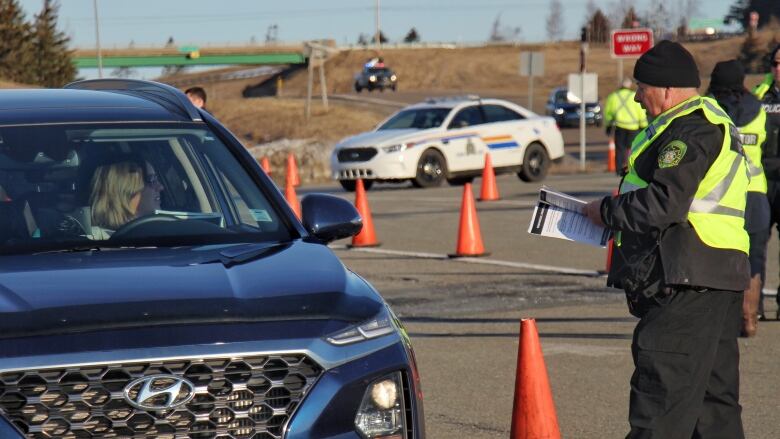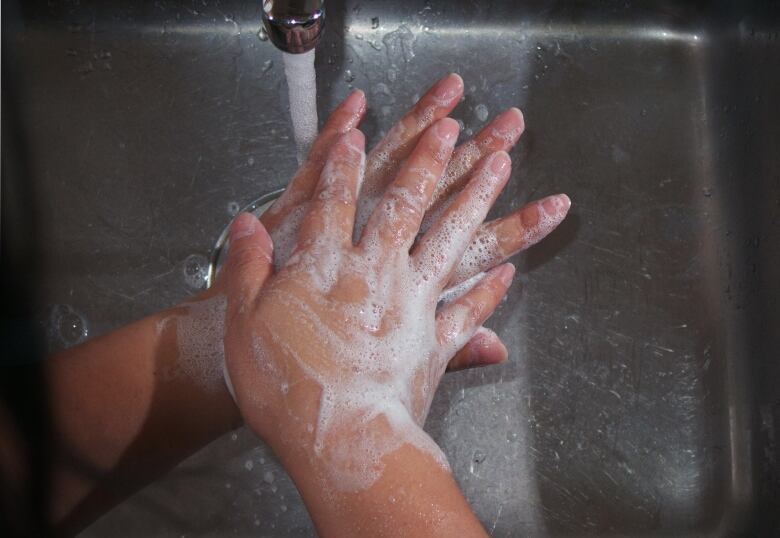Atlantic bubble safe as long as testing continues, says Dalhousie epidemiologist
Enjoy it now, because cases could surge in the fall, warns Susan Kirkland

A public health expert says people should enjoy freedom between provinces this summer, because a second surge could come in the fall.
Susan Kirkland, head of public health and epidemiology at Dalhousie University in Halifax, said there is nothing unsafe about an Atlantic bubble as long as provinces continue testing and contact tracing, and people pay attention to the rules.
While danger lurks in the distance, Kirkland said that doesn't mean people have to surrender now, at a time when the disease is very well contained in the region.
"We're in unknown territory and we're pretty sure that we're going to see another surge in the fall," Kirkland told CBC News."But I feel right now that we're in this period of a lull. I think that the fact because it's summer time and we can be outdoors so much really plays to our advantage. I think we should try to take a little bit of advantage of those things before we have to face the fall."
While many people have voiced concerns about each province opening its borders to one another, Kirkland said people don't need to worry as long as public health officials keep up the work they've been doing all along.
"We have to maintain testing and we have to maintain contact tracing. That's the only way we'll know that it's actually safe," she said.

Kirkland said it's also incumbent on citizens to have a strong situational awareness to continue the things that have become commonplace like handwashing and physical distancing.
When asked about the concerns being raised, Kirkland said people are often conflating issues thatare not the same for example, those who are upset their loved ones in long-term care can't have more than one visitor, while people can travel from New Brunswick and Newfoundland and Labrador and not have to self-isolate.
Kirkland said it's obviously important to continue protecting seniors who live together in close quarters, but that doesn't mean young, healthy people have to stay home.
"For the general public, I think it's relatively safe right now to be moving around as long we are doing the things we need to do."

Kirkland said it's unlikely that continuing to keep borders closed would mean other restrictions could end sooner.
"I don't know that it's going to change, quite frankly," she said."This is the way it needs to be until we find a vaccine."
As for what it would take to end the Atlantic bubble, Kirkland said it would likely mean a rise in cases with an unknown source and a failure in testing and contact tracing.
"There is no magic number," she said. "The minute we start to see an exponential increase again, we wantto start moving things backwards."
This time around, backwards doesn't need to be a full shutdown, she said. Kirkland hopes provinces can avoid major shutdowns until at least the fall.












_(720p).jpg)


 OFFICIAL HD MUSIC VIDEO.jpg)
.jpg)



























































































